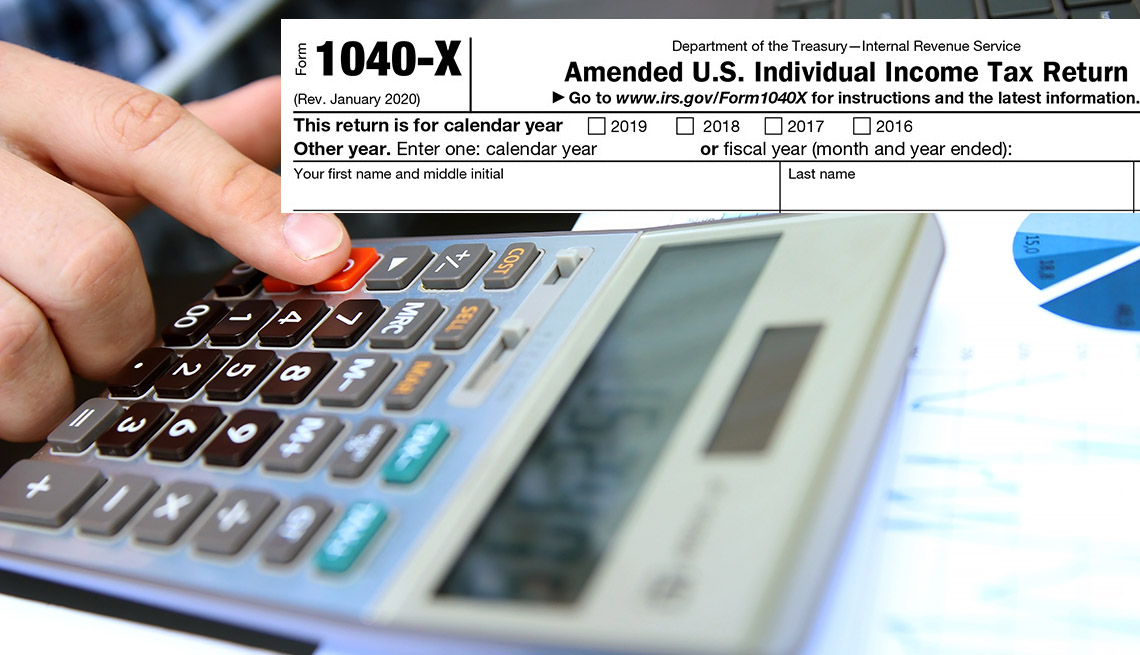Play all audios:
One reinstated tax break was for the cancellation of debt for a principal residence. “People who were foreclosed on and their debt was forgiven, that is generally taxable, and it can really
be painful because it can be a large amount of money when you don't have that cash available,” he says. “Reinstating that exclusion was very valuable.” People who were eligible for the
break could go back and amend their 2018 return and exclude the forgiven debt from their taxable income. Another retroactive change was the itemized deduction for mortgage insurance
premiums. In the past, you had been able to deduct the premiums you pay for private mortgage insurance, which many lenders require for people who make less than a 20 percent down payment
when they buy a home. That deduction expired in 2018 but was also extended retroactively. You have to itemize to take that deduction, and it probably isn't large enough to make a
difference if you already took the standard deduction instead, says Rigney. But if you itemize, you can file an amended return and take advantage of the extra break. Most recently, the
American Rescue Plan was signed on March 11, 2021, and excluded up to $10,200 in unemployment benefits from income taxes for 2020. The IRS says not to file an amended return if you have
already filed your taxes: It will recalculate your return and send any additional refund to you. YOU RECEIVED NEW INFORMATION OR MADE A MISTAKE If you do freelance work for several
companies, it can be easy to miss a Form 1099 or receive some tax forms after you file. Or you may receive a revised 1099 from a brokerage firm or company you work with, or an adjusted
Schedule K-1 reporting partnership income after you file your return. In all of those cases, you may need to file an amended return to correct the information after you file your return. The
IRS usually receives copies of these forms, too, and will send you a notice (which may include penalties and interest) if the information doesn't match up with your return. “If you
find a tax document after you file, you may want to amend,” says Morris Armstrong, a registered investment advisor in Cheshire, Connecticut. “The IRS does use a matching system, and if they
find that issuing income document, they will send you a notice with the additional tax, interest and penalties, if any." Another common mistake Armstrong sees is when people neglect to
file Form 8889 reporting eligible distributions from a health savings account. Without this form, the IRS may assume the withdrawals were subject to taxes and penalties. “The IRS will add
this back to your income, plus a 20 percent penalty, and have no idea that you spent the money for legitimate expenses,” he says. “The IRS prepares the bill based only on the information
given. Don't blindly pay.” Not reporting a cryptocurrency sale is also becoming a big issue. “The IRS now has a question about [virtual currency] sales on page one of the 1040, so you
can't claim ignorance,” says Rigney. “Go ahead and amend that return. You want to catch the errors where you miss income before the IRS does.” Pay any taxes due as soon as you discover
an error, so penalties and interest won't continue to build. For more information, see the IRS Taxpayer Advocate Service “I Made a Mistake on My Taxes” factsheet.

